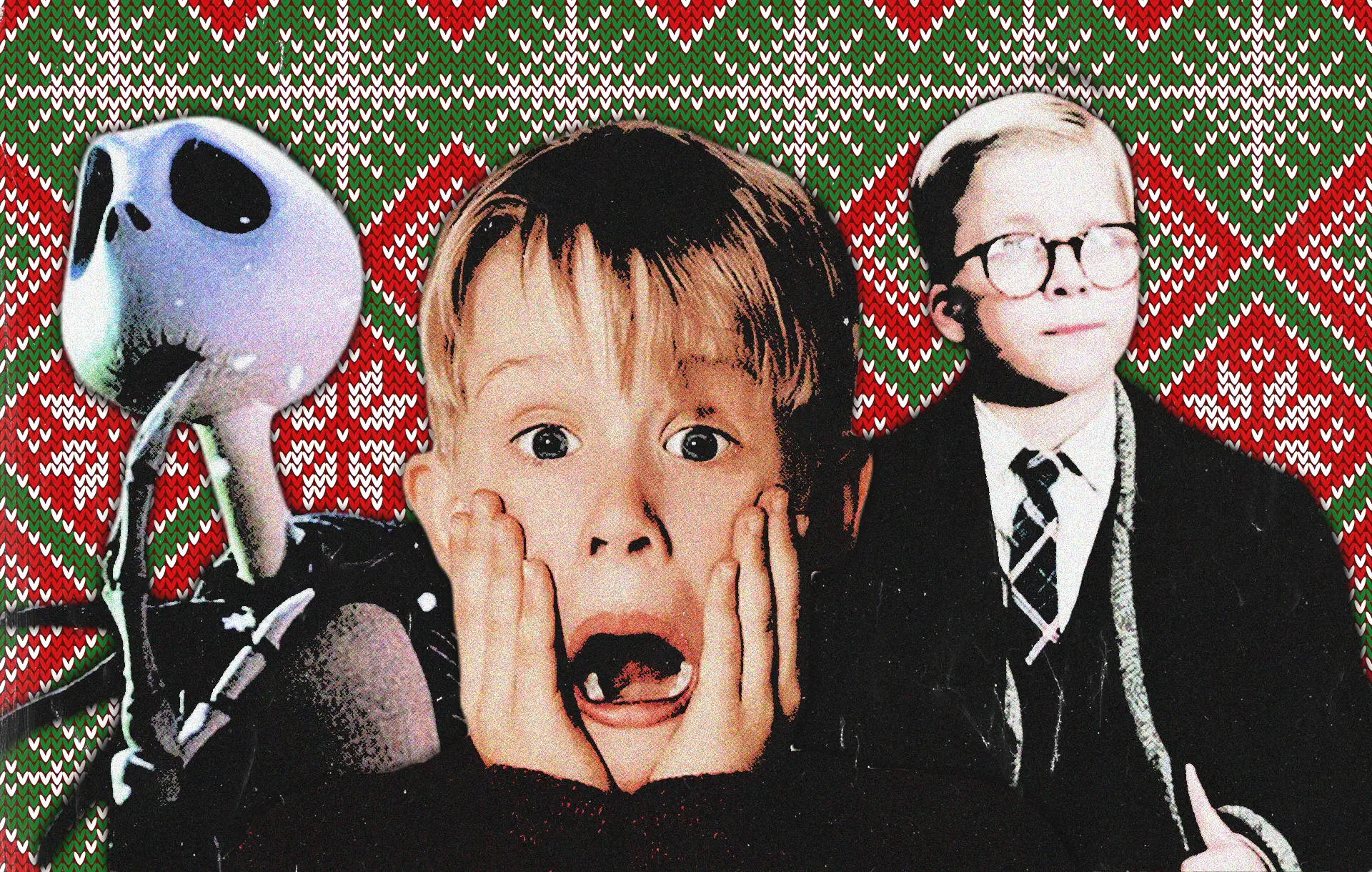No matter how much 2020 may have been a total Grinch and buzzkill, it could never steal the unfathomable joy and tenderness that the holiday season brings year after year. It’s the simple pleasures such as the sweet aroma of hot chocolate, warmth of the fireplace, the coziness of your fluffy sweater, and the company of your loved ones, and of course, your holiday starter pack wouldn’t be complete without watching your favorite classic Christmas films on repeat.
With Christmas just looming around the corner, holiday films of all shapes and sizes take up center stage, bringing us back to that familiar comfort and bliss we cherished in our childhood. From Hallmark to Netflix, let’s take a walk through the history of holiday flicks, its huge commercial appeal, and the psychology as to why we crave these sentimental and heartwarming stories time and again.
The Christmas Chronicles
Some of our all-time favorite hits such as Miracle on 34th Street (1947), Home Alone (1990), The Nightmare Before Christmas (1993), and Love Actually (2003), among others, wouldn’t be possible without George Albert Smith, a filmmaking pioneer and genius behind the first Christmas film entitled Santa Claus (1898). This minute-long silent film is known to have made a technological breakthrough in filmmaking, particularly in special effects to produce fantastical settings. Michael Brooke of BFI National Archive articulated that this film was, “cinema’s earliest known example of paralleled action, and when coupled with double-exposure techniques, the result is one of the most visually and conceptually sophisticated British films made up to then.”
Aside from its impressive visuals and techniques, what truly makes it a spectacle is the story of Santa Claus who is on a pursuit to spread Christmas joy and spirit to all. The film tells the classic tale of two children waiting for Santa Claus. While they were sleeping, he slips into a chimney bearing Christmas gifts that he carefully and quietly places into the stockings hung by the children the night before, and the children jumped for joy when they woke up to the sight of the presents. The films that came after inspired other filmmakers to get creative and tell their unique version of Santa Claus, family celebrations, and the overall essence of the holiday season catered to every age and generation.
Today, there is a surplus of holiday films that would probably last us a lifetime and satiate every kind of comfort or emotion in the spectrum that we desperately yearn for during the most wonderful, albeit stressful, time of the year. There’s no other metaphorical place on earth that lives and breathes Christmas more than Hallmark.
For decades, Hallmark has been the king and leading factory of holiday films. It embraces stories about family, traditions, hope, and over-the-top sappy romances that resonate to audiences worldwide. In 2018 alone, Hallmark produced 37 original Christmas films that reached the households of approximately 80 million people.
Some of our all-time hits wouldn’t be possible without George Albert Smith
It comes as no surprise that streaming giant, Netflix, has followed Hallmark’s footsteps in 2017, spreading the Christmas cheer to more households in every corner of the globe. Regardless of how silly, mediocre, or negatively one would think about holiday flicks, it’s impossible to deny its huge audience and return of investment, justifying the reason why it will always be a staple on the silver screen and in every studio’s budget and slate. Unlike Hallmark, Netflix has taken its game to the next level this year by putting A-listers at the forefront of their original productions: Dolly Parton for Christmas on the Square, Kurt Russell for The Christmas Chronicles, Vanessa Hudgens for The Princess Switch, Forest Whitaker for Jingle Jangle: A Christmas Journey, and Emma Roberts for The Holidate.
Not to mention, Netflix dedicated a whole TV series to the holiday, The Holiday Movies that Made Us (2020), which primarily gives us an exclusive look and behind the scenes of how some of the most iconic Christmas films defined our childhood as well as transformed the traditional tale of Santa Claus into something more out of the box, such as Chuck Jones’ animated classic How the Grinch Stole Christmas (1966) or Tim Burton’s brainchild The Nightmare Before Christmas (1993), while still upholding the core values and substance present in most Christmas narratives. If you’re still dubious about the power of holiday films, Netflix’s animated original Klaus (2019) was nominated for the prestigious Academy Award, which goes to show that these stories, if written and executed well, have the ability to compete with the big dogs as well as make a positive global impact.
The Gift that Keeps on Giving
Christmas stories became a huge hit not only to kids but also to adults because they have perfected the formula of universal storytelling that effectively taps into our psyche. More than an escape, these stories serve as a reflection of the human condition as well as the familiar values and traditions we grew up with. It shows us the importance of being part of a community, it imparts hope, solace, and courage to overcome our personal challenges, and reminds us of the things we tend to take for granted such as our family and friends. Seeing a version of ourselves through the characters that unfold on screen, help us gain a deeper insight into ourselves and how to navigate our lives better.
Christmas films are also nostalgic, in which they take us back to our childhoods where life was once simple, carefree, and full of bliss. Due to the busy lives we live in our adulthood, it gives us that much-needed positivity, connection, compassion, and social validation. The plots of these films are always designed to end on a high note or happy endings such as the family or community gathered together, or rekindling or forging relationships, or polar opposites falling in love, emphasizing that being united as one will get us through it all and everything will turn out fine despite the chaos or hardships we face in life on a daily basis.
Those predictable story arcs that draw on the standard patterns we recognize from fairytales offer comfort
Behavioral scientist, Pamela Rutledge, explained that, “the human brain loves patterns and the predictability is cognitively rewarding. Those predictable story arcs that draw on the standard patterns we recognize from fairytales offer comfort by presenting life as simple and moralistic. The movies provide simplistic solutions to all those stressors that the holidays can bring: family conflict, isolation, or financial pressures.”
While Christmas this year will take on a different shape due to the pandemic, its essence will definitely remain, if not, only further deepen and strengthen our relationships with our loved ones as we find solace during this difficult time in isolation. Since most of us are forced to be apart this holiday season, we can still have quality time and make the most out of the holidays with our family and friends by having a virtual marathon of past and present Christmas films at the comfort of our own home.




